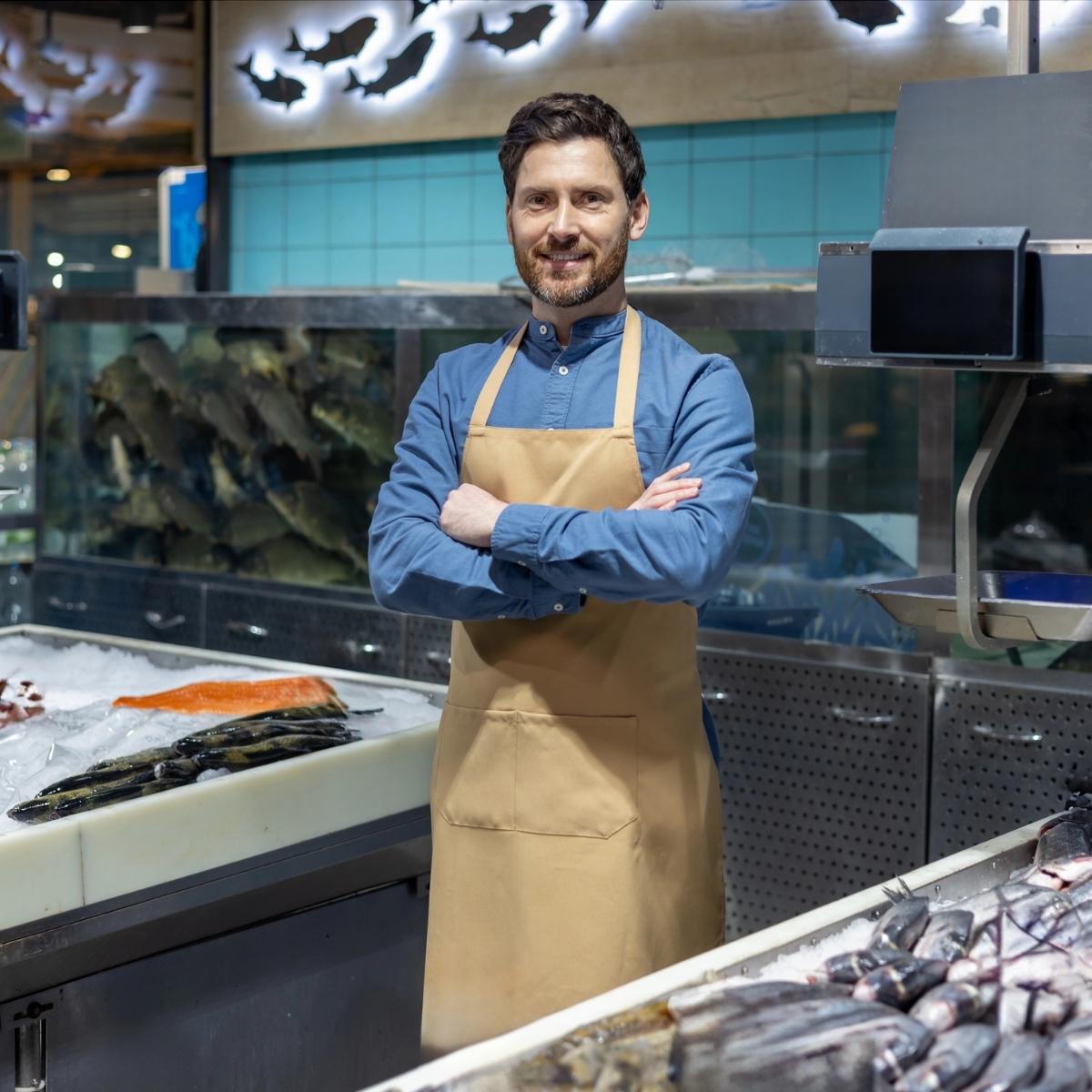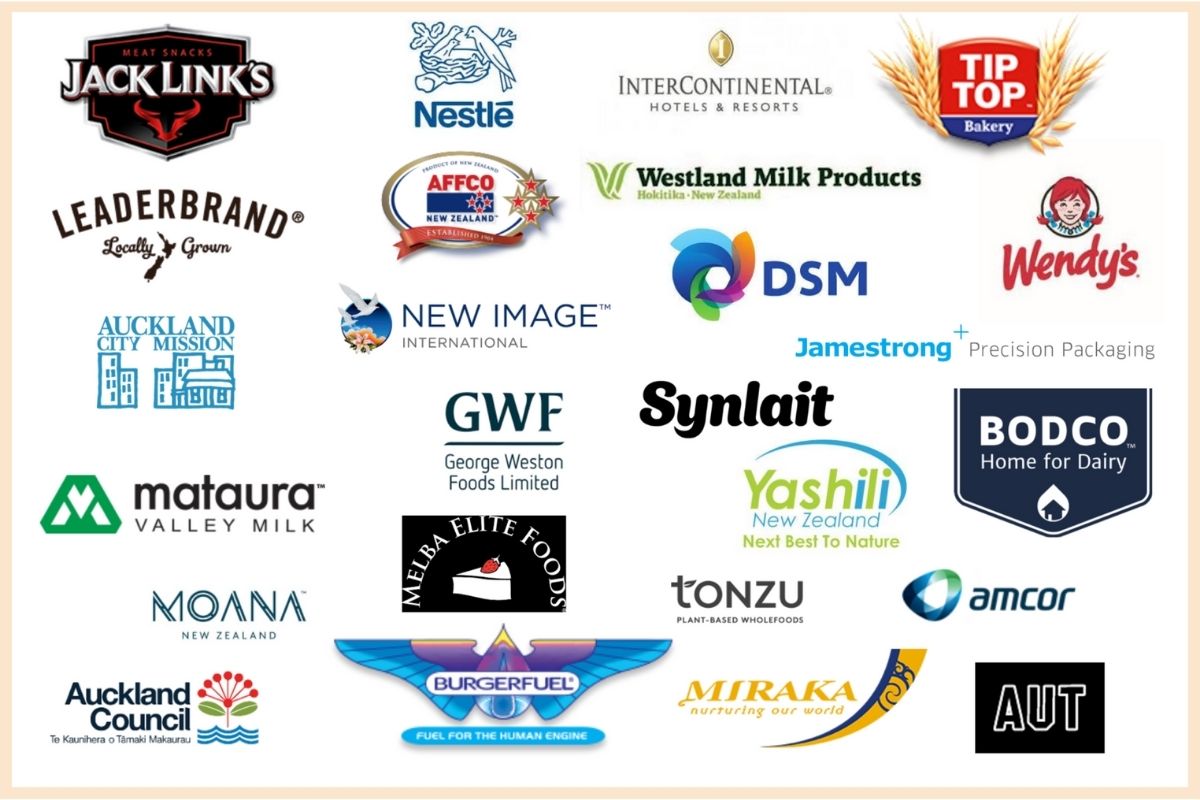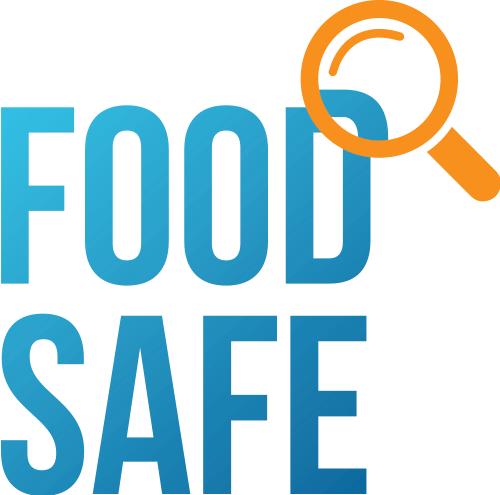Seafood Processing Training is for people employed in the processing of food and related products in the seafood sector.
Course Cost: POA
About Seafood Processing Training
Seafood Processing Training is designed for people employed in the processing of food and related products in the seafood sector.
We offer Seafood Processing Training – from levels 2 to 6 training, on request, for company groups of all sizes.
-
- Course duration: 1-day to multi-day workshops, depending on the standards and level of customisation
- Delivery options: LIVE Online via Zoom or in-person at the company site
- Training by: Qualified ISO 22000 & 9001 Lead Food Safety Auditor
- Provider Quality Assurance: NZQA-registered PTE
- Our practical, inclusive approach:
✅ Easy-to-follow for all learners, including RSE & overseas seafood processors
✅ Job-focused skills you can apply immediately
✅ Meets MPI Seafood COP & Animal Products Notice Production Supply and Processing 2025 requirements
Learners gain:
✅ NZQA Unit Standard Certificate of Achievement (as applicable)
✅ Certificate of Achievement Training based on NZQA Unit Standard (as applicable)
Advanced HACCP – Unit Standard 12315, Level 4
Prerequisites:
- We recommend that learners complete an Introduction to HACCP Certificate, as this is an intense one-day NZQA Advanced Level 4 HACCP qualification program for experienced learners. We also offer a two-day HACCP NZQA 12316 level 6 program option that provides for more time.
- English proficiency: All learners are required to have a level of written and oral English equivalent to IELTS 5.5 or higher to be eligible to attend this course.
Programme Topics:
- Case study review of recent food safety breakdowns and learning (WHY we are in training)
- Introduction to legislative requirements for a HACCP plan and the importance of a plan or RMP (WHY auditors insist on training)
- How best practice food companies operate – FSSC 22000. (HOW we implement our learning as a company)
- HACCP as a means of identifying and controlling food safety hazards (PC Outcome 1)
Introduction to food safety hazards (Physical/foreign matter-P; Chemical & Allergenic-C). (WHAT risks to be aware of.)
Introduction Microbiology – M risks (Pathogenic bacteria, toxins, moulds, and yeast) – Simplified, detailed, and VISUAL (WHAT risks to be aware of)
How HACCP is applied in a food company as a method for hazard analysis and critical control (HOW we implement our learning) - Uses of critical control points and critical limits (PC Outcome 2)
How to identify the Critical Control Point (CCP) and critical limits (HOW to implement a HACCP system in a work area) - Application of HACCP in terms of supporting programs such as good operating practice (GOP/PRP/SOP/GHP/cGMP) (PC Outcome 3)
- Actions taken where critical limits are exceeded (PC Outcome 4)
Corrective actions to be taken when a loss of control occurs including preventative actions – CAPA (WHEN further control is applied)
Introduction to best practice risk control techniques. These include preventative actions, problem-solving, root-cause-analysis (RCA), minimizing the hazards and risks from confirmation bias, how to implement human factors learning in the workplace (WHEN training must kick in) - Verification, documentation, and record-keeping activities that confirm ongoing compliance and effectiveness of a HACCP plan (PC Outcome 5)
Visual application of HACCP with videos and practical examples
Note: If you are not currently working at a food company, please contact our office before booking.

Pre & and post-course learning
You will receive pre-course reading material prior to your training day. Learners are expected to engage in self-directed learning. Please take the time to review all documents and familiarise yourself with the HACCP plan. This is to help you make the most of your learning experience on the course.
Following the course, learners must complete the assessment workbook and scan it to Food Safe within 10 weeks of the training date.
Advanced HACCP 12315 is a 10-credit, Level 4 NZQA qualification. For each credit, allow around 10 hours of learning/prior experience at this level.
Seafood Processing Certificate Training
Seafood processing:
- Unit Standard 31493: Demonstrate knowledge of handling practices, and produce seafood products fit for their intended purpose.
-
Unit 31493 replaces the expired NZQA Unit Standard 5331
-
- Unit Standard 28630: Apply hygiene and food safety procedures to own work area in a primary products food processing operation
-
Unit 31496 is similar to NZQA Unit Standard 5332
-
- Unit Standard 31496: Demonstrate knowledge of cleaning and sanitation, and clean and sanitise a seafood operation work area
-
Unit 31496 is similar to NZQA Unit Standard 6212
-
Quality Control – QC & Quality Assurance – QA:
- Unit Standard 28619: Identify quality assurance requirements for own work and monitor own work quality in a primary industry operation
- Unit Standard 12315: Describe and supervise a seafood operation under a Hazard Analysis Critical Control Point system
Level 6 Advanced Quality Assurance – QA & Technical Management:
- Unit Standard 12316: Level 6 HACCP Coordinate development, and discuss implementation and verification of a HACCP plan for a seafood processing operation
Shellfish processing:
- Unit Standard 15344: Demonstrate knowledge of handling bivalve molluscan shellfish products
Non-unit standard-based programme topics:
Seafood processing:
- Knowledge of handling practices and producing seafood products fit for their intended purpose
- Hygiene and food safety procedures related to the work area in a primary products food processing operation
- Knowledge of cleaning and sanitation, and how to clean and sanitise a seafood operation work area
Shellfish processing:
- Knowledge of handling bivalve molluscan shellfish products
Additional training options include:
- Product safety programme management (FCP/RMP) knowledge & documentation skills
- Competitive manufacturing skills (E.G. 5 5S) to the applicable level

HOW IT WORKS
MPI Operational Code: Processing of Seafood Products
Part 12: Training and Competency of Personnel
Source: Ministry for Primary Industries
Guidance
Where MPI have set specific training or knowledge requirements in law, these are referred to as “competencies”. If specific competencies have not been set, it is up to you to identify the skills needed to perform a task or role.
12.2 Mandatory Requirements
AP Reg 19 Identification of persons responsible for key tasks
A risk management programme must identify by position, or by name and position, the persons responsible for the following key tasks:
- sign-off on documents that make up part of the programme before they are implemented;
- verification by the operator of the programme;
- corrective actions;
- recalls;
- monitoring at a critical control point;
- any other key tasks that are specified as such in a supplementary notice.
AP Reg 20 Competency and skills of certain persons
(1) A risk management programme must identify in relation to the key tasks in regulation 19—
- any competencies required by these regulations and supplementary notices; and
- if no competency is required by these regulations or by supplementary notices, any skills the operator considers are necessary; and
- how the required competencies or necessary skills will be achieved and maintained.
(2) The operator of a risk management programme must ensure that anyone carrying out a task that is not a key task and that could affect the suitability of animal material for processing or the fitness for intended purpose of animal product is suitably skilled to carry out the task.
PSP Notice H2.6 – Competency of personnel processing fish for human consumption
(1) During processing of fish, at least one person (or 2 or more people between them) on site who is involved with fish handling and hygiene activities must have evidence of completing at least one qualification or training (such as in-house training) in a competency, from each of the following Tables 11, 12, and 13.
| Unit/training | Level | Credit | Unit title/training content |
|---|---|---|---|
| 5331 | 2 | 7 | Handle seafood product |
| 15344 | 3 | 5 | Demonstrate knowledge of handling and handling bivalve molluscan shellfish products |
| 31493 ✅ | 3 | 5 | Demonstrate knowledge of handling practices, and the seafood product fit for its intended purpose |
| 29090 | 3 | 5 | Demonstrate knowledge of product safety practices and processes in a primary product’s food processing operation |
| training | N/A | N/A | Handling methods to maintain food safety, wholesomeness, and control of food safety risk factors |
| Unit/training | Level | Credit | Unit title/training content |
|---|---|---|---|
| 5332 | 2 | 5 | Demonstrate knowledge of and use hygienic work practices while working with seafood |
| 28630 ✅ | 3 | 5 | Apply hygiene and food safety requirements to own work area in a primary products food processing operation |
| training | N/A | N/A | Personal hygiene and hygienic work practices to prevent foodborne diseases in seafood products |
| Unit/training | Level | Credit | Unit title/training content |
|---|---|---|---|
| 6212 | 3 | 10 | Demonstrate knowledge of contamination, and clean and sanitise a seafood operation |
| 31496 ✅ | 2 | 3 | Demonstrate knowledge of cleaning and sanitation and clean and sanitise a seafood operation work area |
| 28633 | 3 | 5 | Demonstrate knowledge of cleaning and sanitation in a primary products food processing operation |
| training | N/A | N/A | Contamination in a seafood processing premises, and cleaning and sanitising of facilities and equipment |
Guidance
The competencies in H2.6 of the PSP Notice should also apply to BMS processors.
Food Safe’s Seafood Processing training is based on leading seafood safety research and resources
Universities, journals, and agencies with authoritative references for seafood safety, HACCP, and export compliance. Open the homepage or jump to the numbered references.
Curated Sources:
Virginia Tech – Virginia Seafood AREC
Wageningen University & Research (Netherlands)
Oregon State University
Faculty of Science – University of Melbourne
University of Queensland
Food Standards Australia New Zealand (FSANZ)
University of Auckland
AgResearch (NZ)
International Journal of Chemical Studies
EFSA Journal
FAO – Seafood Processing
NZQA Unit Standard 31493 Certificate Training – Seafood Processing
Suitable for: Operators, QC, QA Officers & Supervisors
People credited with this training course and unit standard demonstrate knowledge of:
- Sources, actions for prevention, and consequences of product contamination, and describe control conditions in processing
- Workplace hygiene requirements for the prevention of foodborne diseases
This unit standard replaces the expired unit 5332
NZQA Unit Standard 28630 Certificate Training – Seafood Processing
Suitable for: Operators, QC, QA Officers & Supervisors
People credited with this training course and unit standard demonstrate knowledge of:
- Handling practices required to produce a seafood product
- Production of seafood products that are fit for their intended purpose
This unit standard replaces the expired unit 5331
NZQA Unit Standard 31496 Certificate Training – Seafood Processing
Suitable for: Operators, QC, QA Officers & Supervisors
People credited with this training course and unit standard demonstrate knowledge of:
- Cleaning and sanitising a work area in a seafood operation.
- Clean and sanitise a work area in a seafood operation.
This unit standard replaces the expired unit standard 6212
NZQA Unit Standard 15344 Certificate Training – Seafood Processing
Suitable for: Operators, QC, QA Officers & Supervisors
People credited with this training course and unit standard demonstrate knowledge of:
- Handling requirements for a live bivalve molluscan shellfish product
- Handling requirements during the processing of a bivalve molluscan shellfish product
- Handle bivalve molluscan shellfish product
NZQA Unit Standard 12315 Certificate – Level 4 – Advanced HACCP Training – Seafood Compliance Management
Suitable for: QC, QA Officers, Supervisors & Managers
People credited with this HACCP Training course and unit standard are able to describe:
- A HACCP system
- Identify the compliance system standard, and the compliance system implemented in a seafood processing operation.
- They are also able to demonstrate and apply knowledge of supervision of a CCP in a seafood operation and take corrective action for any noncompliance.
NZQA Unit Standard 12316 Certificate – Level 6 – Advanced HACCP Training – Seafood Compliance Management
Suitable for: QA Officers, QA Managers & Technical Managers
This unit standard is recommended for people coordinating or verifying a Hazard Analysis Critical Control Point (HACCP) system for a seafood processing operation.
People credited with this unit standard are, in the context of a seafood processing operation, able to:
- Explain the process of conducting hazard analysis in terms of potential hazard sources and options for hazard control
- Discuss and develop a HACCP plan
- Discuss the implementation of a HACCP plan
- Verify a HACCP plan
120
1000
100
How we work with companies
About Food Safe
Food Safe Ltd is Accredited by the New Zealand Government + is a Category 1 NZQA-Registered PTE. Training complies with the Food Safety Bylaws and Verifier Audits right across New Zealand.
Our training is trusted by both well known New Zealand and Global food companies and heaps of small teams too!
Our training is science-based on New Zealand regulatory and globally recognised best practice – MPI, FAO, FDA, EU
Food Safe’s advisory committee includes leading experts, quality and compliance managers, and governance experts. For even more information about Food Safe and the companies we work with, click here
Seafood HACCP Training NZ
Why Choose us for your Training?
- Complements compliance requirements
- Is simplified and visual, and supportive of implementing learning back on-job
- Is delivered by a trained ISO 9001 & 22000 lead auditor
- It is delivered by a trainer with first-hand knowledge and experience in high compliance operations where Food Safe also operates, such as the meat, dairy, and seafood sector. This allows us to transfer best practices.

Companies we work with































